History is always humming and deepening within the special cultural machinery of CAMA. Aside from the inherently impressive legacy of Santa Barbara’s Community Arts Music Association’s 105-year-run — making it the oldest classical presenting organization on the West Coast — we are often reminded of the numbers game during concert introductions.
And so it went at the Granada Theater last week, when CAMA Board Chair Deborah Bertling informed the audience that the Royal Philharmonic Orchestra was making its 14th appearance locally that night, a frequency only exceeded by the Los Angeles Philharmonic, with its 100-plus concert track record here.
One of the handful of great orchestras based in London, the RPO, as such, is actually only half the age of CAMA. It’s latest local concert perhaps predictably bedazzled, as current music director Vasily Petrenko led the dynamic ensemble through the venerable stuff of Debussy’s color blast of a concert-opener, “Danse,” Prokofiev’s enthralling piano concerto No. 3 and an old symphonic plushie, Rachmaninoff’s Symphony No. 2. Suffice to say, the program was itself steeped in history, repertoire-wise.
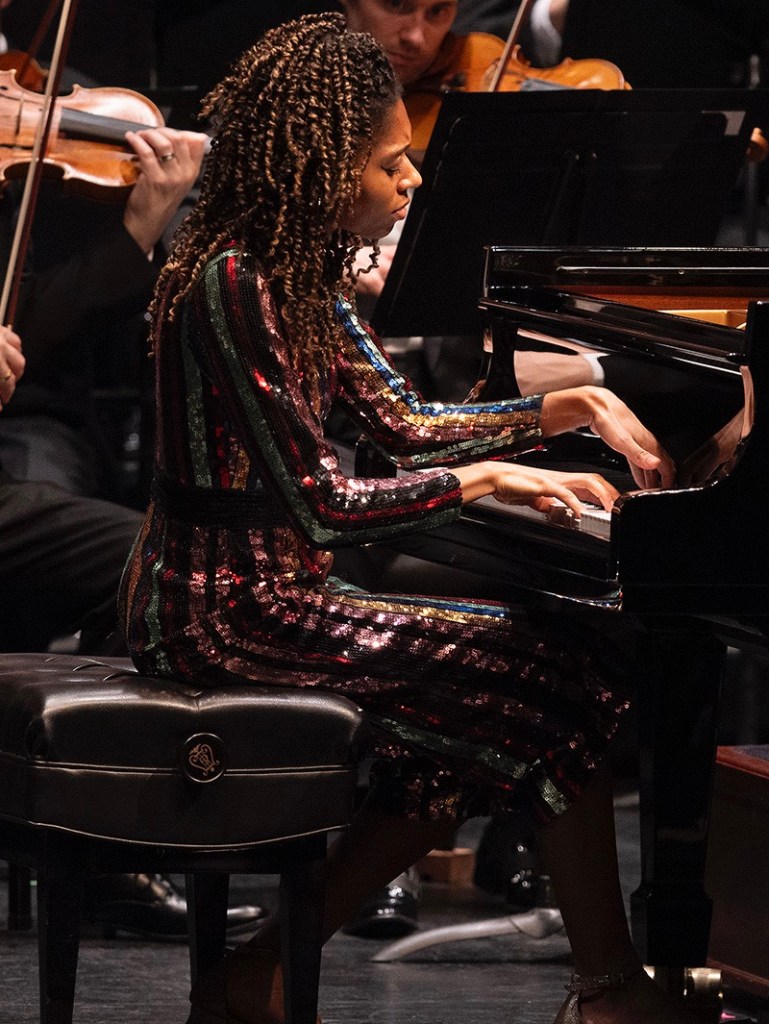
Still, there was a powerhouse youth factor which essentially stole the show on this night, in the form of superlative young British pianist Istata Kanneh-Mason — who impressed local audiences in a duo recital with her cellist brother Sheku at Campbell Hall two years back.
At the Granada, on the challenging turf of the Prokofiev score, Kanneh-Mason was fully in command as a virtuoso also possessing suitable subtlety in the varying heat of the moments. She wended seamlessly through the intricate tangles and shifts in the composer’s mercurial mix of sensation, alert at every step and turn and delivering the goods in vibrant collusion with the orchestra.
Admittedly, the music of Rachmaninoff — the 20th century composer as wannabe 19th century romantic — is a taste I’ve yet to fully acquire. Especially in big lavish works such as like the second symphony, the material can sound archly conservative and emotionally overripe, which is partly why a melody like the Adagio’s main theme made an easy transition into the light pop hit “Never Gonna Fall in Love Again” by Eric Carmen in 1976 (that same year, Carmen also filched a Rach theme for his pop hit “All by Myself”). That said, it was difficult not to admire and sink into the RPO’s marshaling of forces and sense of focus with the symphony.
The RPO’s rousing night at the symphony concluded with a brief and brisk encore from the soil of Petrenko’s Russian heritage, music from Aleksandr Konstantinovich Glazunov’s “Suite from Raymonda.” But at least this listener left the theater with the ghostly memory of Eric Carmen’s soft rock classic buzzing in my brain.

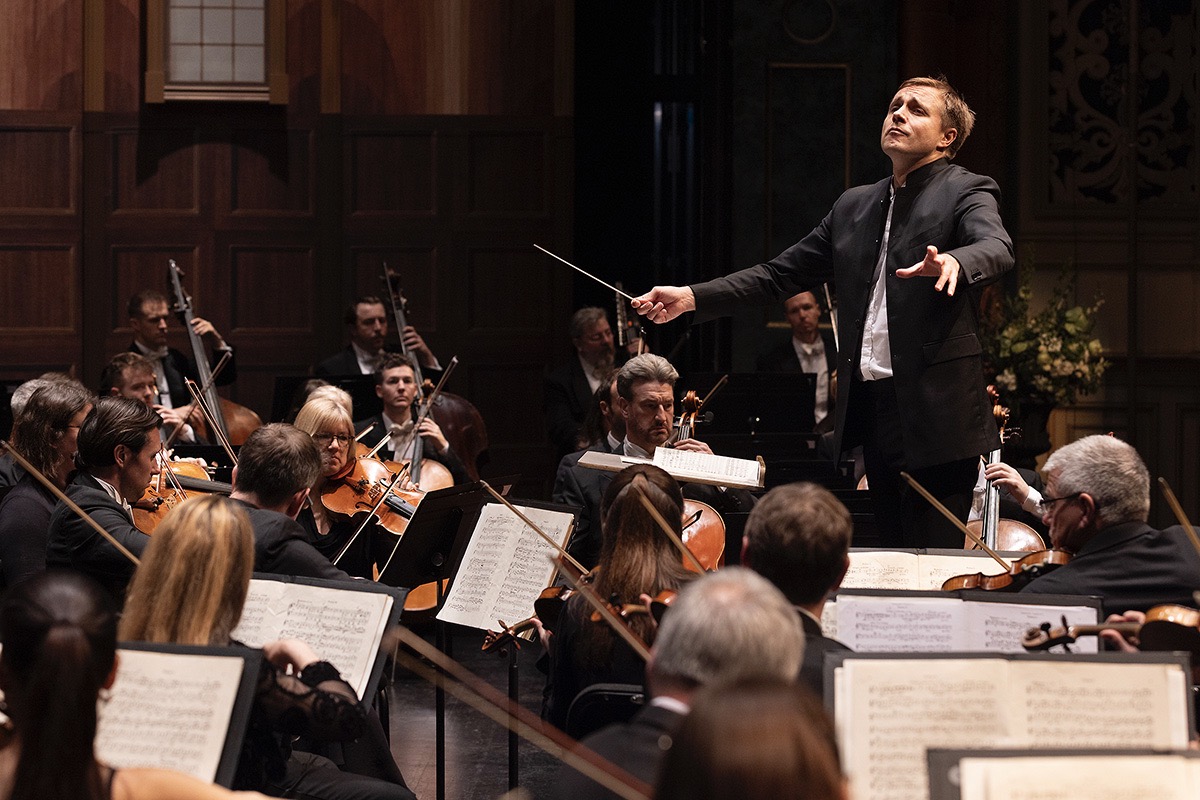
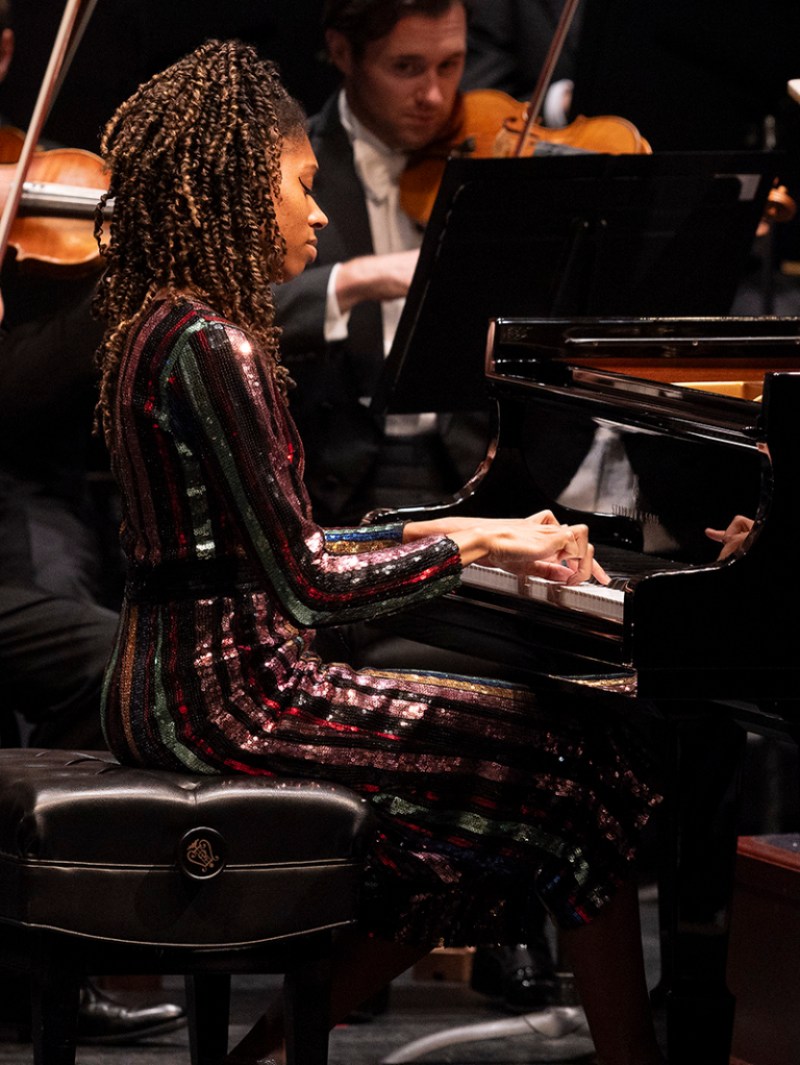
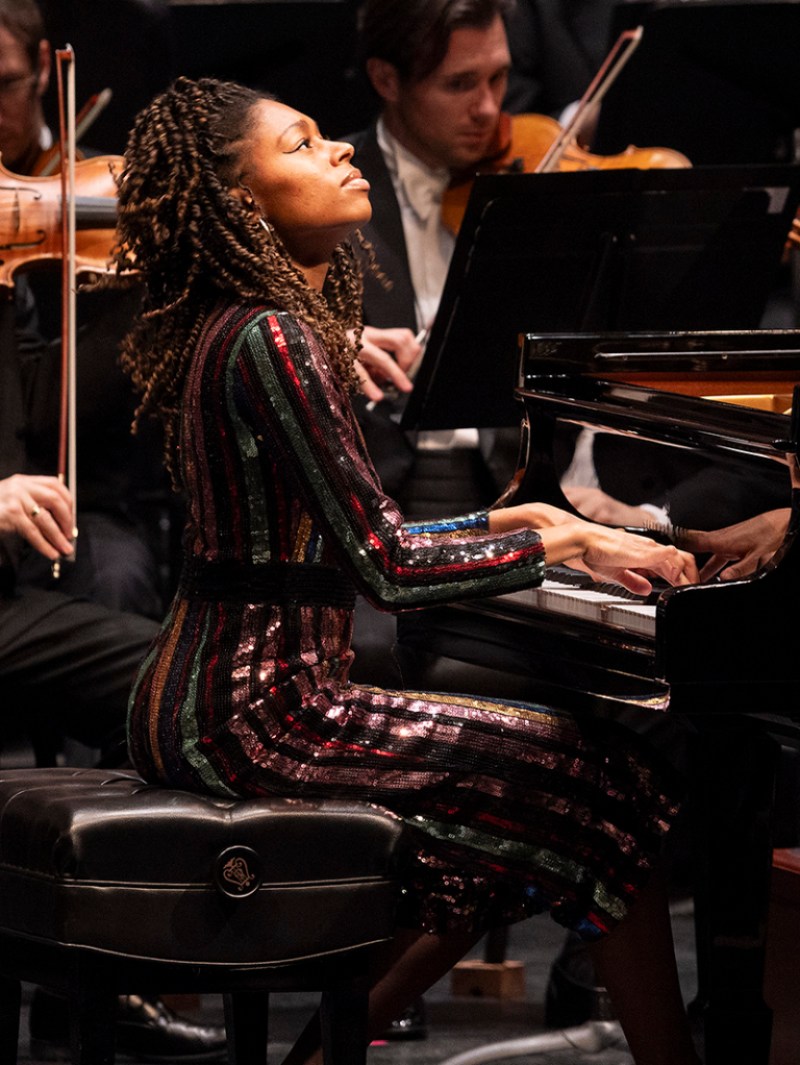
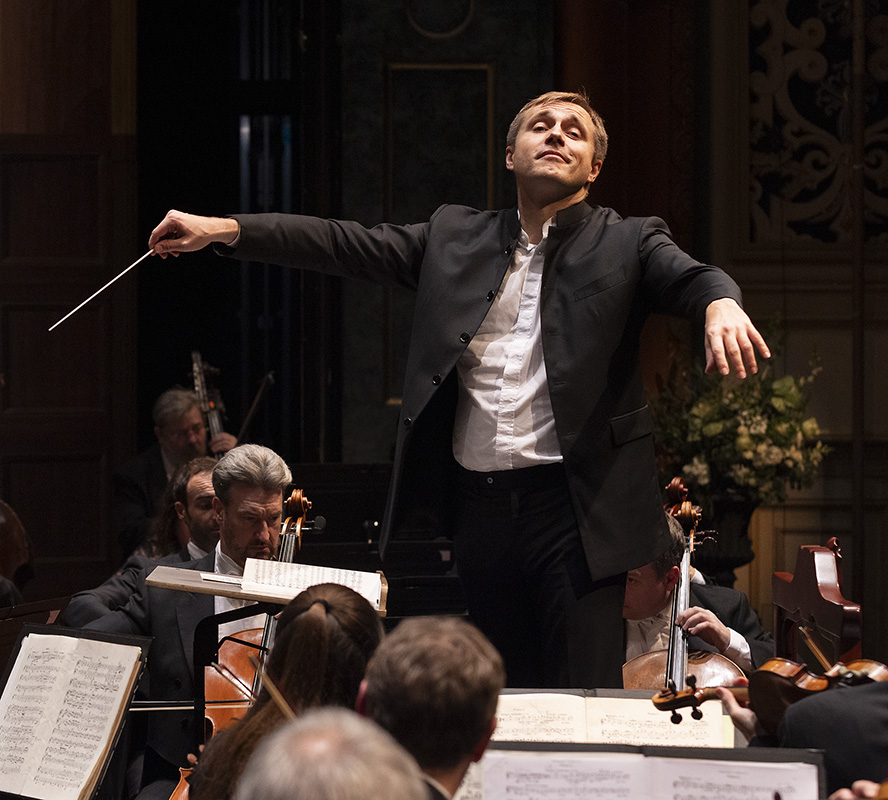
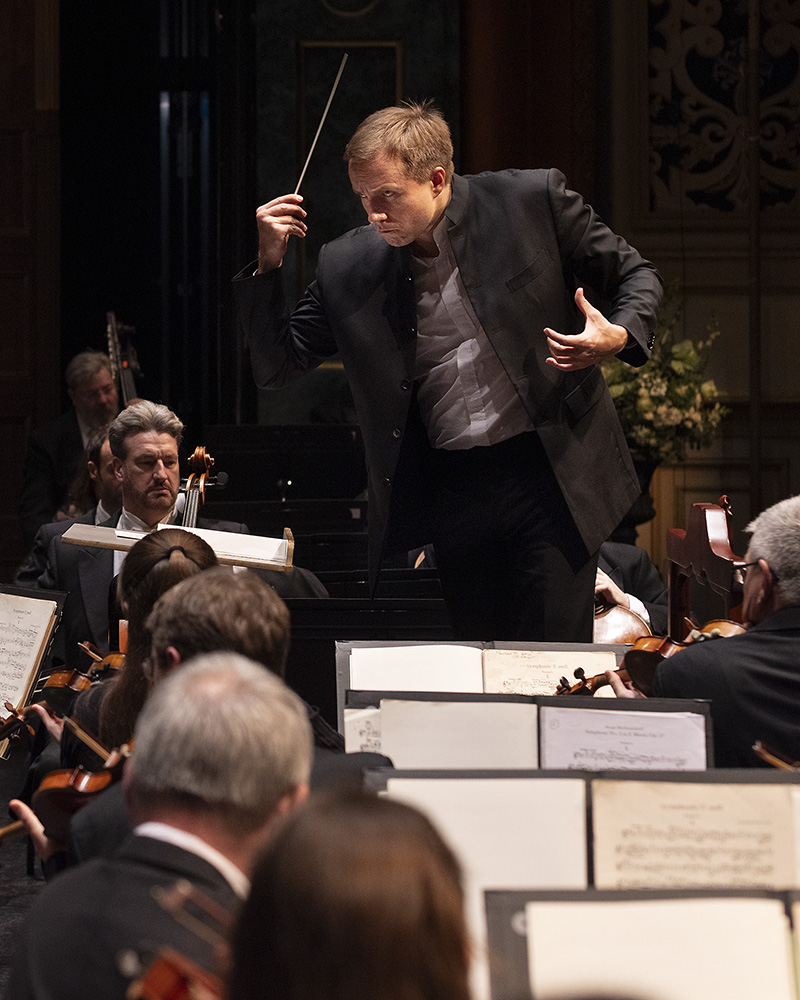
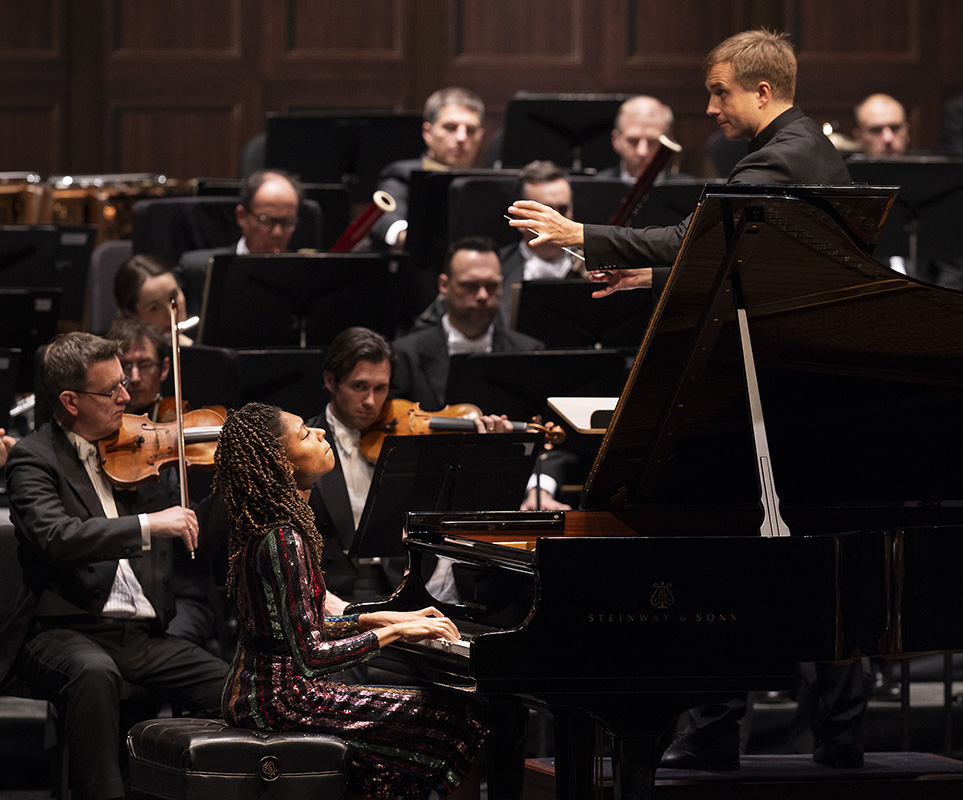
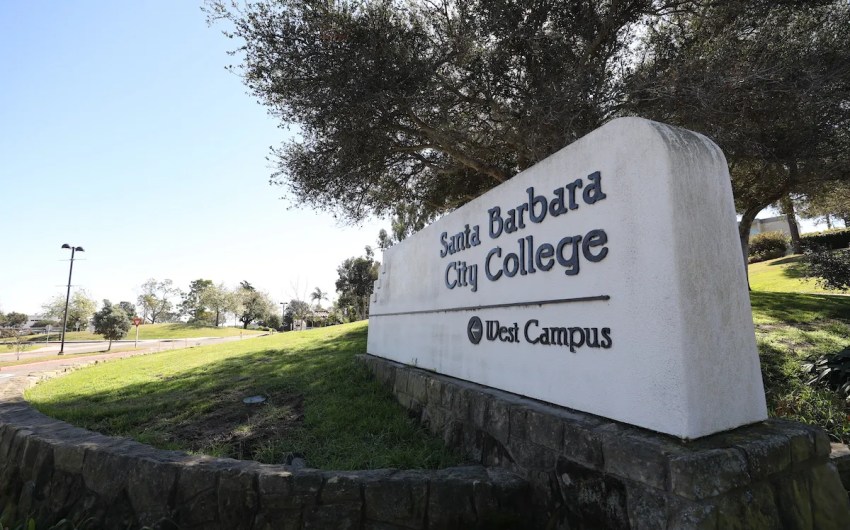


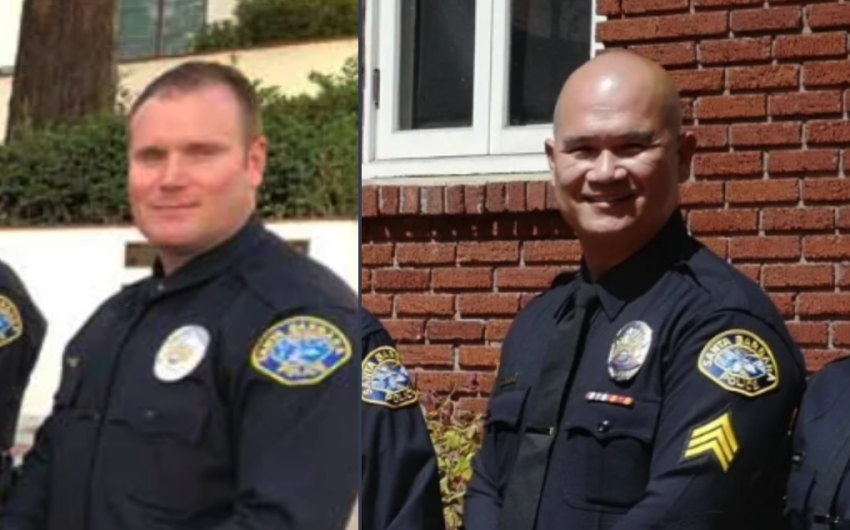
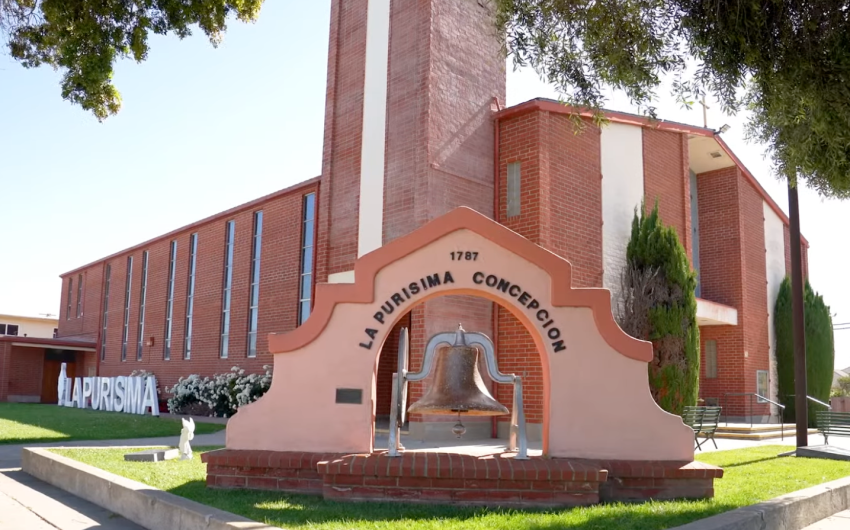



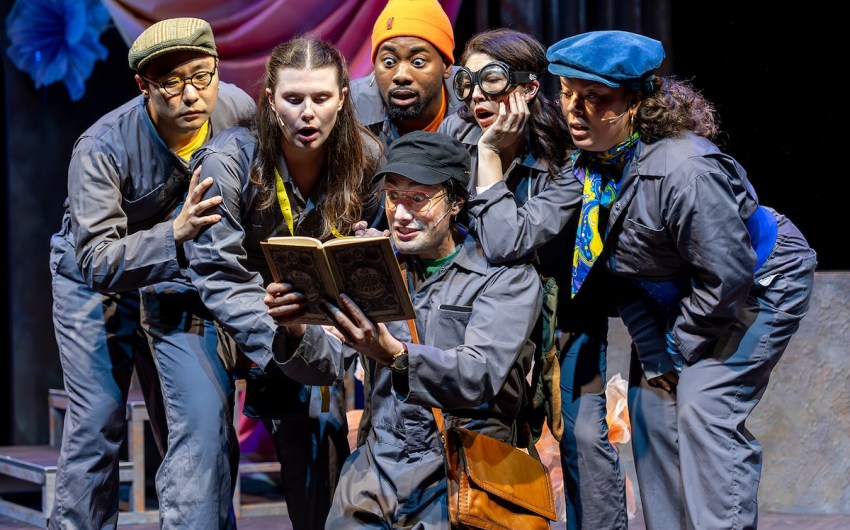
You must be logged in to post a comment.